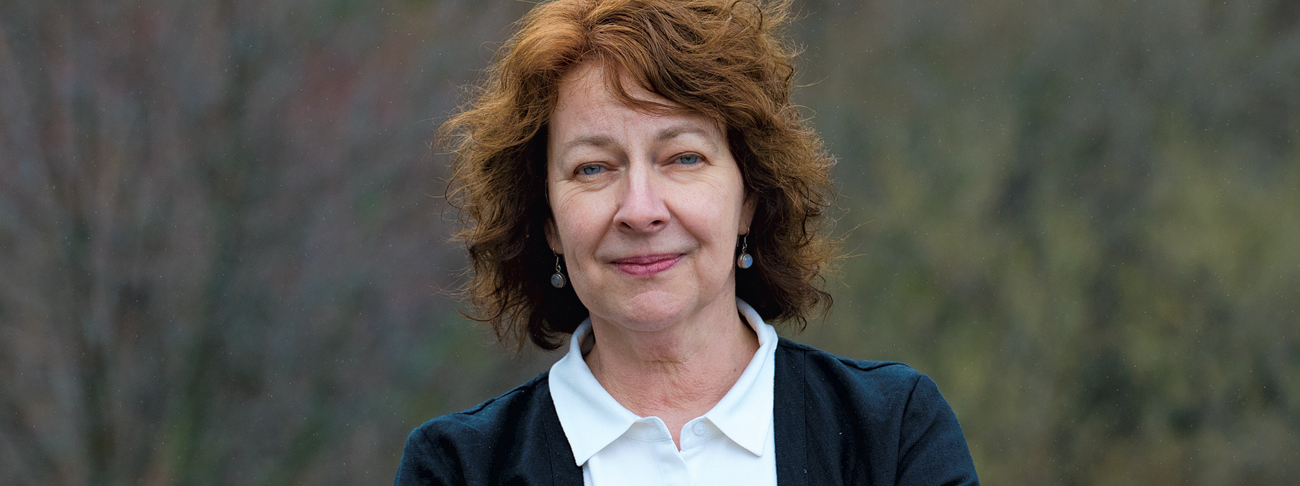
By Brenda Austin-Smith
“A democracy is more than a form of government; it is primarily a mode of associated living, of conjoint communicated experience. A society must see to it that intellectual opportunities are accessible to all on equable & easy terms.“
— John Dewey, Democracy and Education, 1916
Travel this summer to an international congress of educators reminded me of John Dewey’s reflections on the connections between experience, education and full participation in social life, something Dewey defined as the mark of a true democracy. CAUT is a member of Education International, a federation of more than 400 unions representing 32 million teachers and educational support personnel in 176 countries. Approximately 1,400 members of Education International met in July at a World Congress in Bangkok to share experiences, debate resolutions, and swap strategies to combat a variety of threats to our profession and the democratic structures it supports.
At a caucus of EI affiliates from the post-secondary sector, we heard alarming stories about authoritarian governments targeting educators and their institutions. Former EI general secretary Fred van Leeuwen called these moves attempts to degrade universities as repositories of human knowledge, and as sites for unfettered teaching and research. Examples include the Italian government’s attempt to ban textbooks that label it (correctly) as far-right, the intimidation and imprisonment of academics in Turkey, and the closure of departments and faculties (such as gender studies) considered to have “no economic relevance,” including in the UK. In Brazil, women in areas regarded as ideological — such as Indigenous rights, gender, and racial equity — are especially likely to be targeted. But Brazilian researchers in a number of science fields are also worried, as an April 2019 issue of Chemistry World describes.
Meanwhile, structural attacks on post-secondary education continue worldwide, in the form of cuts to core funding (the University of Alaska comes immediately to mind), and the turn to part-time rather than full-time faculty hires. EI colleagues reported to Congress delegates that as many as 60 per cent of those teaching in the Australian post-secondary system are part-time, while 79 per cent face part-time contracts in Colombian public universities (90 per cent in private ones), and almost 75 per cent of faculty in US colleges and universities are precariously employed, according to the American Association of University Professors. In this country, reliable numbers of the precarious are hard to come by because Statistics Canada doesn’t yet gather that information. What is clear is that contract hiring contributes to a deterioration in the academic freedom rights of those who work under these circumstances. Their experiences are captured in CAUT’s 2018 report “Out of the Shadows,” the first national survey of precarious post-secondary professionals in Canada.
But there were many positive moments at the EI Congress. We heard success stories of unions using press campaigns, legal challenges, and allegiances with students, parents and communities to push back against privatization and profit seeking, against the dismissal of our expertise as educators, and against government censorship and intimidation. We also shared a recent Canadian example of successful mobilization: the 2017 OPSEU strike that saw more than 12,000 college personnel walk off the job for five weeks to demand fair contracts, academic freedom and equitable pay. CAUT and colleagues from Zimbabwe and Ghana also moved a resolution to monitor and report violations of academic freedom, which was passed by delegates in an overwhelming show of international solidarity.
In a stirring address to the Congress, David Edwards, Education International’s new general secretary, identified a worldwide oversupply of “discouragement and disrespect”, and called on delegates “to make fairness and decency global priorities.” It’s been over a century since John Dewey wrote his treatise, but his claims that democracy has its roots in education, and that education must be available to all, still hold true. As distressing as it is to learn of colleagues threatened, imprisoned and silenced by authoritarian governments just for being educators, so must we think carefully this election season about how academics working in Canada are treated, as well as how equitable and accessible our own post-secondary system is. Working for global fairness and decency starts here and now.